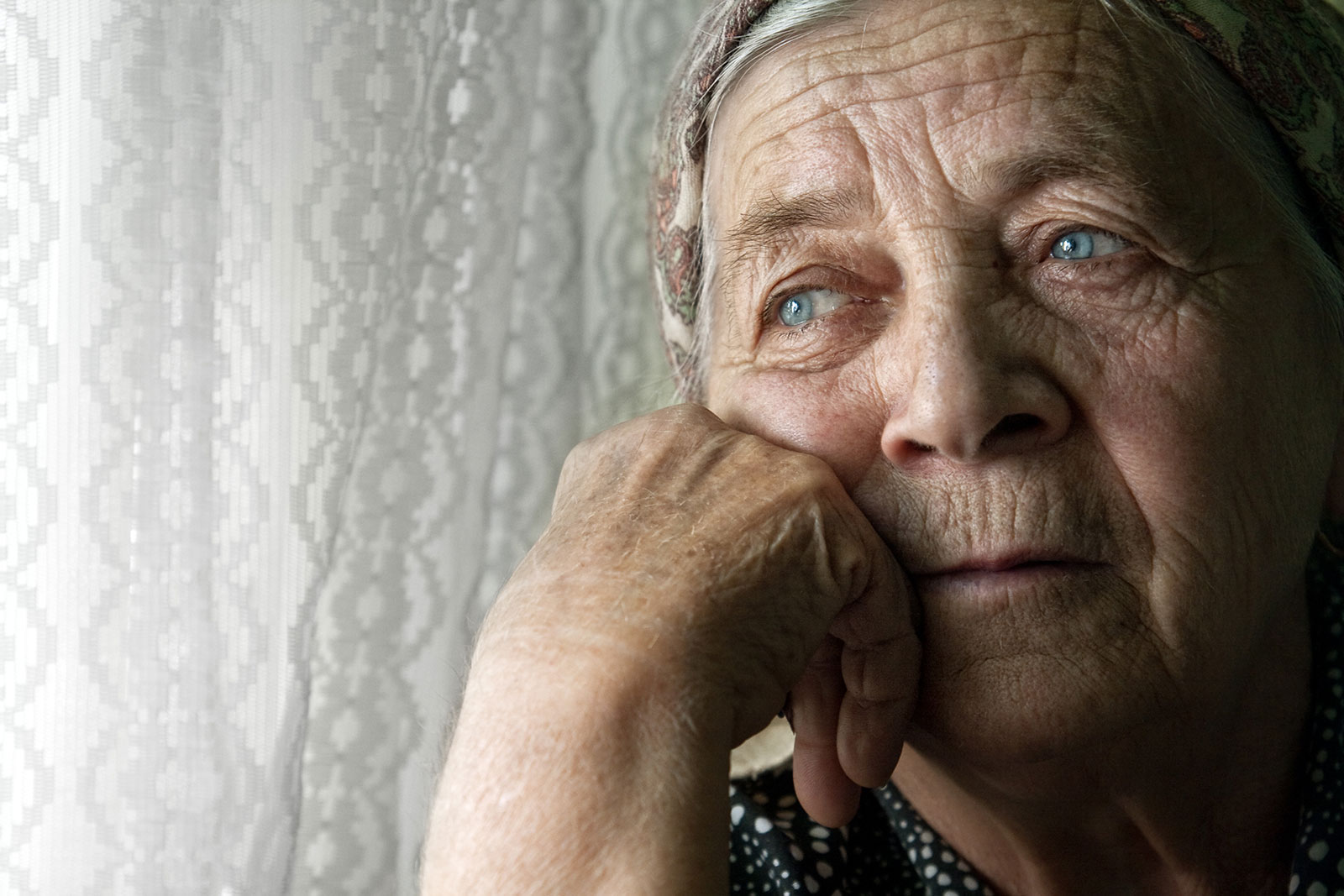In the last years of my mother’s life I was her primary caregiver. I, along with hundreds of thousands of adult children in our state, have done our best in making sure that our senior loved ones have quality care. One of the concerns we have, is making their financial resources last as long as possible, but without knowing the future, it is more common than you might realize for a senior to run out of resources like my mother did, by outliving their assets and having increased care needs.
According to the USA Centers for Medicare and Medicaid services, 43% of seniors nationally will rely upon a Medicaid supplemental program in their lifetime to finance the care they need throughout their lives, which in Washington, we call COPES (an acronym for: Community Options Program Entry System). A senior qualifies for COPES if they have less than $2,000 in cash assets, no more than $2,300 of monthly income, and meet a minimum of 2-3 care needs of what we call the Activities of Daily Living, such as assistance in bathing, dressing, toileting, medication management, etc. Upon receiving COPES benefits a senior will surrender most of their social security income to the state, with the exception of only a small fraction per month ($60) to live on. The COPES program provides for the senior who lives in skilled care, including meals, housing services, and care needs.
This program is life saver for a large segment of our senior population, and thus, we would like to bring your attention to something that has been proposed as a budgetary cut in the Washington State Department of Social and Health Services (DSHS) to long term care Medicaid benefits in their 2021-2023 biennium budget proposal, which if ratified, it would go into effect in July 2021.
To encapsulate the initiative, there are four main areas of concern:
- 30% cut in Skilled Nursing Facility caseload (eligibility)
- 38% cut in Assisted Living caseload (eligibility)
- 22% cut in Specialized Dementia Care and other Residential settings (eligibility)
- 3% across the board rate cuts for the few remaining eligible Medicaid clients (rates)
Because the COPES budget is actually supplemented by recipients’ social security income, this program is economical for our state. As a matter of fact, it only costs 1/10th of 1% of the State of Washington budget. Yet, if instituted, it would likely affect thousands of long-term care beds, and would drive up the cost of assisted living overall- making it only accessible to the rich.
In a recent press release, DSHS’s estimate is 12,000 seniors currently on the program would lose their long-term care benefits. That means they would simply lose the benefits they are already receiving, and if they have nowhere to go, would likely end up homeless.
Of course, with 10,000 Baby Boomers turning 65 per day in this country, and the high occurrence rate in this state of conditions like Alzheimer’s, I believe this estimate to be severely understated, and will result in real devastation over time. With one line-item budget cut, DSHS has failed to consider the consequentially devastating economic chain reaction of this move nor are they considering the demographic growth in seniors needing care projected throughout the 2020’s and beyond.
Our question is:
Where would they go? Who could provide for them?
How can they receive proper nutrition, medication management, or care?
There has yet to be an answer. In other words, this budget cut, the tiniest fraction of our state budget, will cost much more than it will ever save, in money and more importantly in lives.
The moral impact of putting a senior out into the street that has paid taxes throughout their lives, and who have contributed to making our economy what it is today is immoral and unconscionable. In addition, the senior industry and those who serve would suffer dire consequences. Many of our seniors have no families or replacement support systems, and without a program like COPES, will become homeless, unsupported, will rapidly decline, suffer and die prematurely.
CEO Joe Kilkelly, of CarePartners Living, who serves 455 residents in their 16 properties on the COPES program here in Washington State, shared that it would result in closing down several properties that are serving these older adults. “With a growing senior population this would be devastating consequence to the impact of the ability to care for our seniors in future years”, he said. The care CarePartners provides is necessary for those who are unable to live independently, with qualified care staff to care for them or those affected by Alzheimer’s or Dementia. “Senior housing is already difficult to find for middle-lower income seniors who need care, and because of this, it is our philosophy that our residents can trust that they will never have to move if their financial resources run dry.”
Because CarePartners has the largest floating Medicaid license in the State of Washington, their business model is designed to ease the strain and stress of a senior who may need to spend down the remainder of their cash assets, which sadly can happen if a senior outlives their money and the community they live in will not accept COPES funding. With these budget cuts, a failure to pay will result in having to move out of the community based upon a financial deficit. CarePartners’ model instead, will flexibly work with seniors to help them independently, because each seniors’ care and financial situation is different from the next.
Senior communities that have an allocated number of COPES residents in many cases will face tragic consequences:
- These closures would ensure that there would be no real access to Medicaid placement for the few that still qualify – there would simply be no beds;
- The skilled nursing industry (SNF) would not take up the slack because DSHS is proposing 30% cut in eligibility and this would result in SNF bed losses. Many SNF’s would have to close as well;
- In other senior care communities Private Pay (PP) seniors would have to offset the financial loss of the revenues received by serving our COPES seniors. Because of this, private pay financially suffer as we currently allow for PP conversion to Medicaid after private resources are exhausted (spend downs);
- Medicaid spend downs would disappear because a Provider wouldn’t be able to guarantee qualification in the Medicaid system;
- Some PP Communities, like CarePartners, would have to close without having the ability to take in some Medicaid residents to fill revenue gaps. This would eliminate PP buildings serving middle income seniors needing spend down access;
- With these closures and limited access, there will be less communities, and PP rates will likely rise and only the wealthy will have access. Many middle to upper income PP seniors would be priced out of the market;
- Closing communities mean losing thousands of jobs in our industry and the industries which provide goods and services to senior care. Likewise, State jobs would be lost as the Senior Care industry shrinks dramatically;
- Massive loans defaults and bankruptcies would sweep across the senior care industry;
- Consequently, real estate taxes, sales/use/excise taxes and payroll taxes would decline hurting local and state tax receipts;
- Capital and Financing would leave the industry for a considerable time period due to loan defaults, capital destruction, bankruptcies and resulting market contraction. This could take decades to reverse.
We urgently need your help to take a stand for our seniors!
Please contact your State Legislative leaders, the Department of Health and DSHS to protest the passage of this disastrous budget measure.
For more information, CarePartners has a fact sheet that is comprehensive on how you can help, here.













